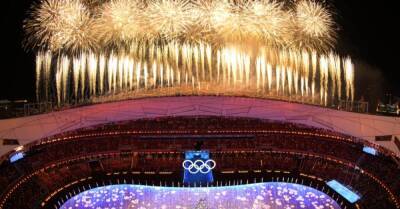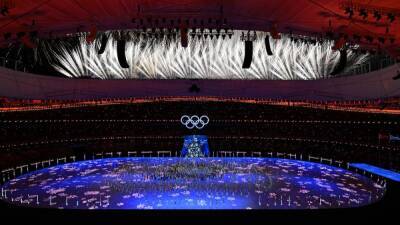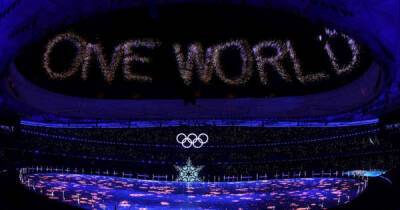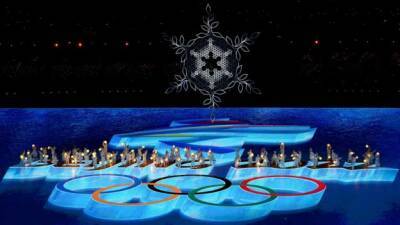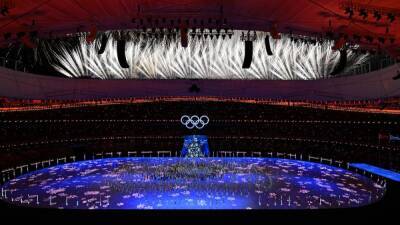The Jewish ice hockey star picked by Germany for 1936 Winter Olympics
On Sunday an Olympic spokesperson actually put out a statement explaining that the Games’ flame in the Bird’s Nest stadium hadn’t gone out. “The flame is fine,” they said when approached by USA Today, whose photographer Rob Schumacher published a shot that suggested it was very much not. Somewhere else in the Olympic village, irony keeled over and died.
I’ve had one eye on the vaguely dystopian spectacle of these Games, a hyperreal propaganda-spectacular played out, in part, on phoney snow and against the backdrop of an abandoned steel mill. The other has been reading about what IOC president Thomas Bach calls the “boycott ghosts of the past”, and in particular the story of Rudi Ball.
The Olympic boycott movement really began in 1936, before the infamous summer Games in Berlin, and the less well-known winter Games held in Garmisch-Partenkirchen in Bavaria earlier that same year. There was no formal boycott in the end, despite all the many calls for one, because the IOC – and in particular its future president Avery Brundage, who was then running the American Olympic Committee – overrode everyone else’s concerns and accepted the Nazi party’s reassurances that everything was (here’s that word again) fine.
Years later, researchers at the Simon Wiesenthal Centre would prove that Brundage’s construction firm received a contract to build the new German Embassy in Washington because of his “friendly attitude to German sports”. Not that he needed the sweetener, “any more than Bill Clinton would need a bribe to support Hillary”, said Brundage’s biographer, Allen Guttmann.
So the decision about whether or not to boycott those Winter Games became a personal choice. Many, like British skier Peter Lunn, refused to attend the opening


